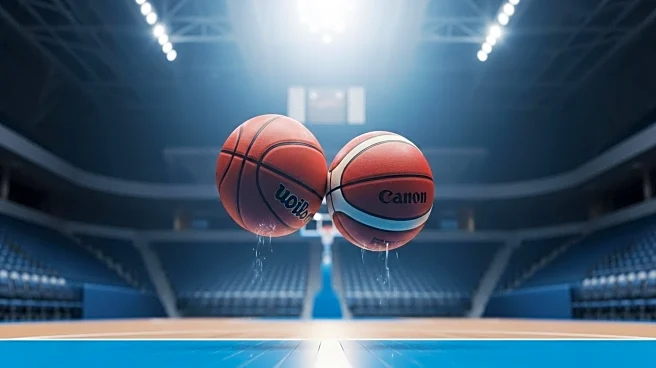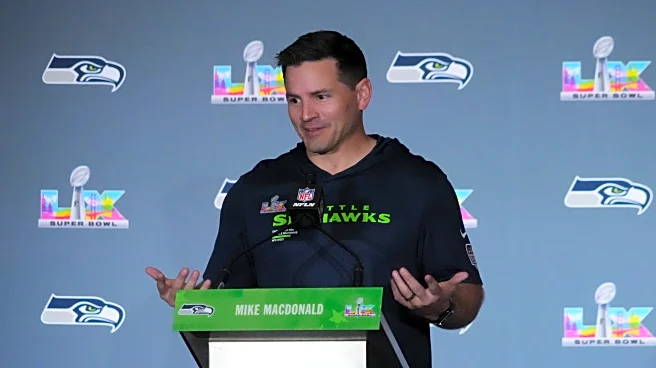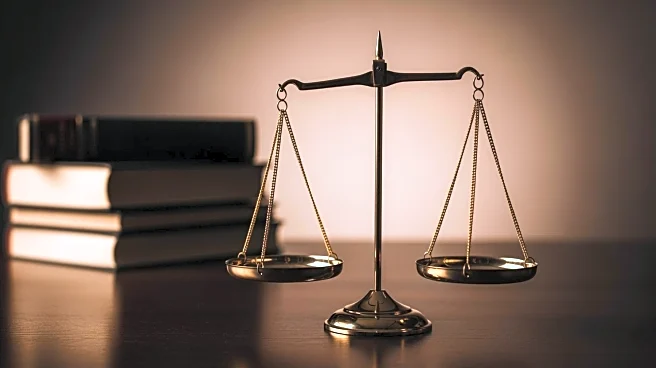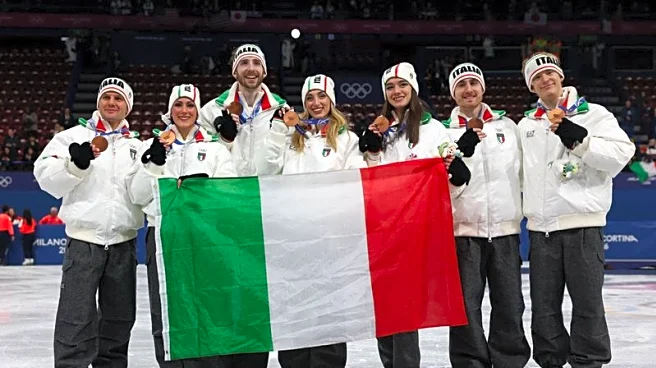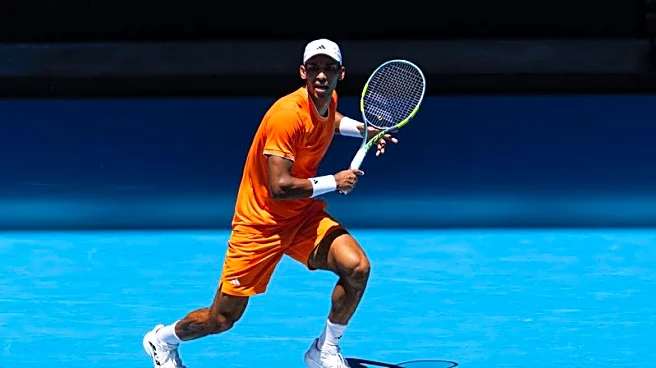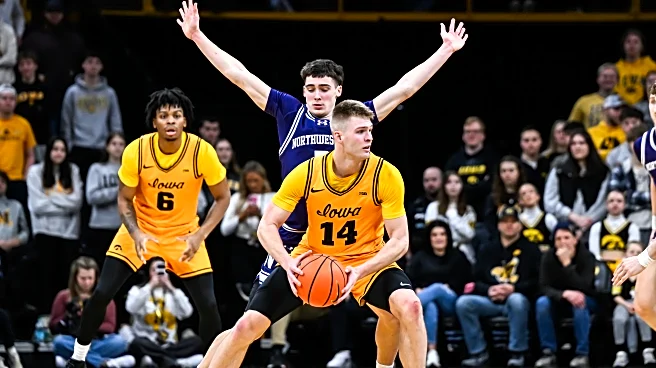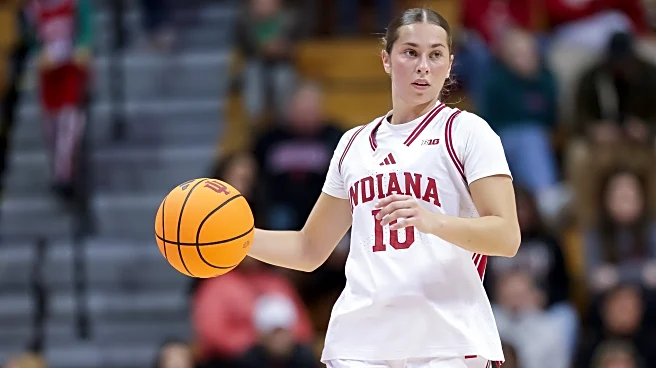What is the story about?
What's Happening?
WNBA Commissioner Cathy Engelbert addressed recent criticisms from Minnesota Lynx star Napheesa Collier during a press conference held before Game 1 of the WNBA Finals. Collier had previously aired grievances regarding the treatment of players and the league's leadership, accusing Engelbert of taking undue credit for media rights deals and making dismissive comments about player earnings. Engelbert refuted these claims, labeling them as 'inaccuracies' and expressed her intent to meet with Collier to discuss the issues further. The Commissioner also highlighted ongoing efforts to address player concerns, including officiating and injury prevalence, and announced the formation of a state of the game committee to work alongside the competition committee.
Why It's Important?
The tensions between WNBA players and the league's leadership underscore significant challenges in professional women's sports, particularly regarding player compensation and treatment. Collier's public criticism reflects broader dissatisfaction among players, which could impact league operations and its public image. Engelbert's response and the subsequent actions taken by the league could influence future negotiations and the overall stability of the WNBA. The situation highlights the need for effective leadership and communication within sports organizations to maintain trust and ensure the welfare of athletes.
What's Next?
Engelbert plans to meet with Collier to address her concerns directly, which could lead to further discussions on player treatment and league policies. The upcoming expiration of the WNBA's collective bargaining agreement on October 31 adds urgency to resolving these issues. The league's efforts to improve officiating and player safety will be closely watched by stakeholders, including players, fans, and sponsors. The outcome of these discussions and the league's ability to address player grievances will be critical in shaping the future of the WNBA.
Beyond the Headlines
The dispute between Collier and Engelbert raises questions about the balance of power and accountability in professional sports leagues. It also highlights the cultural and ethical dimensions of leadership in sports, where the treatment of athletes and the integrity of the game are paramount. The situation may prompt broader discussions about the role of women in sports leadership and the need for transparency and fairness in league operations.
